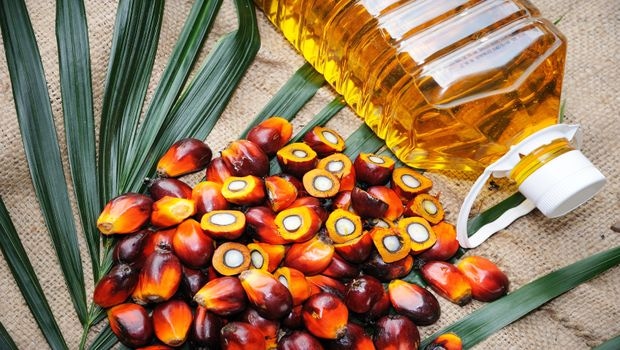The UN’s Food and Agriculture Organization (FAO) Food Price Index held steady in February, averaging 150.2 points, nearly unchanged from January, but 25.6 points (14.5 percent) below February 2015. The biggest factor last month was a surge in vegetable oil quotations, which, along with a small recovery in meat prices, more than offset declining cereal, sugar and dairy prices.

The UN’s Food and Agriculture Organization (FAO) Food Price Index held steady in February, averaging 150.2 points, nearly unchanged from January, but 25.6 points (14.5 percent) below February 2015. The biggest factor last month was a surge in vegetable oil quotations, which, along with a small recovery in meat prices, more than offset declining cereal, sugar and dairy prices. The agency also issued its first forecast for the world’s 2016 wheat harvest, projecting 723 million tons of total production, about 10 million tons below last year’s record output.
The Cereal Price Index averaged 148.3 points in February, marginally down from January and 13.7 percent less than one year ago. Among the major cereals, wheat prices fell most, subsiding 1.5 percent, influenced by slow trade activity and expectations of continued large export supplies for the remainder of the marketing season. Maize quotations were only marginally lower, sustained by large purchases by a number of countries. Rice prices firmed slightly compared to last month, underpinned by stronger Japonica rice quotations.
The Vegetable Oil Price Index averaged 150.3 points in February, up 8 percent from January and the highest value since June 2015. The upswing was led by palm oil, which appreciated by 13 percent on reports of falling inventories in Southeast Asia, combined with poor prospects for production in the coming months. Soy oil prices also firmed on the expectation that poor supplies of palm and other vegetable oils would boost global demand for soy oil.
The Dairy Price Index averaged 142 points in February, down 2.1 percent from January. Lackluster import demand, especially by China, and ample availability of supplies for export resulted in milk product prices falling across the board. Some importers also limited purchases for stocks replenishment, as the market was perceived as being well-supplied for immediate and short-term needs. This sentiment was reinforced by a rise in sales of SMP to intervention stocks in the European Union.
The Sugar Price Index averaged 187.1 points in February, falling 6.2 percent from January, marking the second consecutive monthly decline after four months of steady rises. The decrease mainly mirrored better than expected crop conditions in Brazil, the world’s leading sugar producer and exporter. Prospects for a larger world sugar production decline than earlier anticipated did not reverse the price fall, amid comfortable global sugar inventories.
The Meat Price Index averaged 148.2 points in February, up marginally from its January revised value. Prices for bovine meat and pig meat rose, while prices for poultry and ovine meat fell. Bovine meat quotations moved higher, on the basis of constricted supplies in both Australia and the United States, while EU pig meat prices continued to be underpinned by the opening of aid to private storage. Sheep meat prices dipped for the fourth consecutive month, a reflection of seasonally peaking supplies from Oceania. The poultry industry continued to benefit from lower feed prices, a factor that has contributed to quotations falling each month since June last year
About the Author(s)
You May Also Like






.png?width=800&auto=webp&quality=80&disable=upscale)